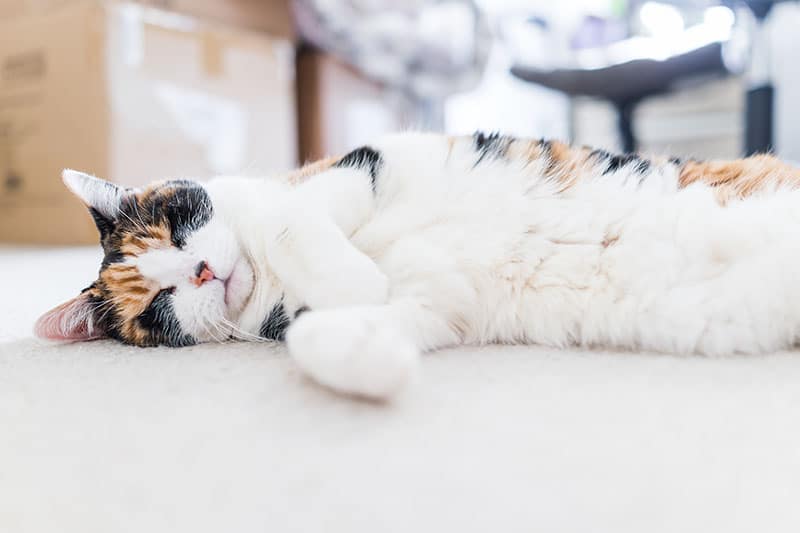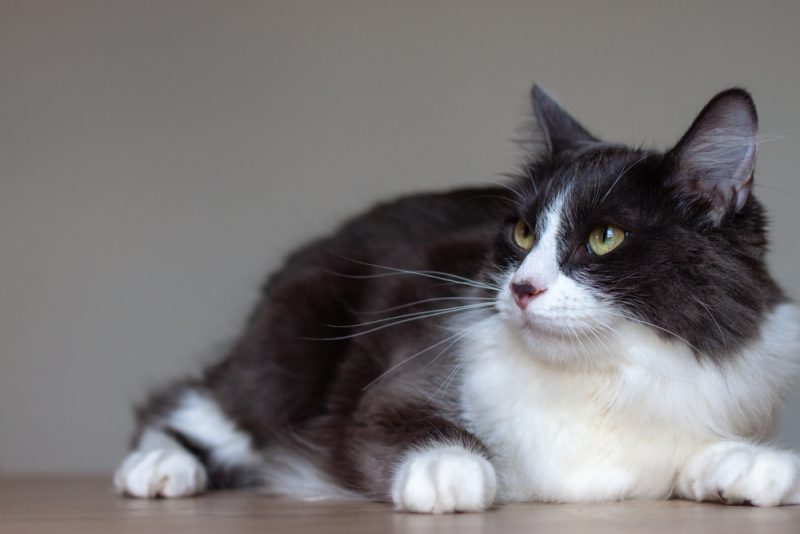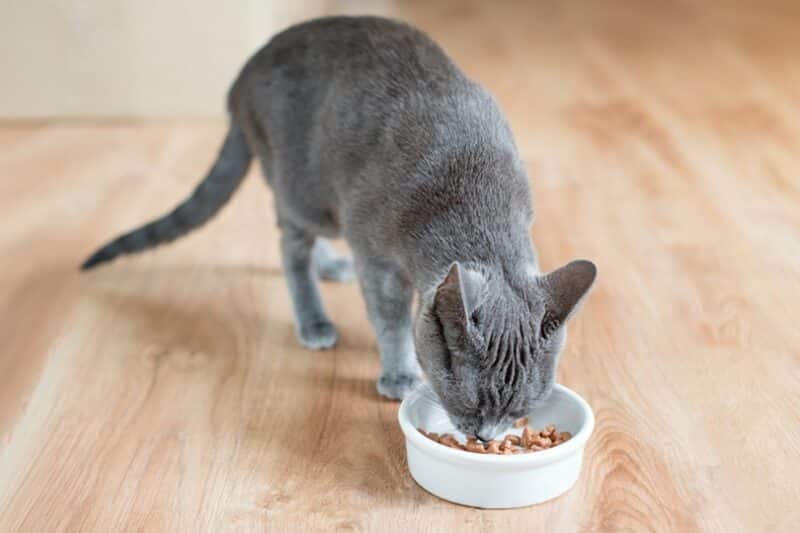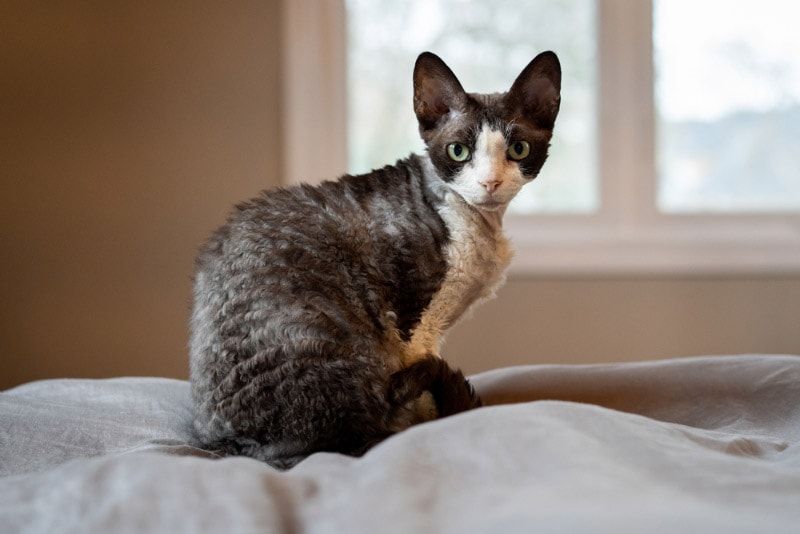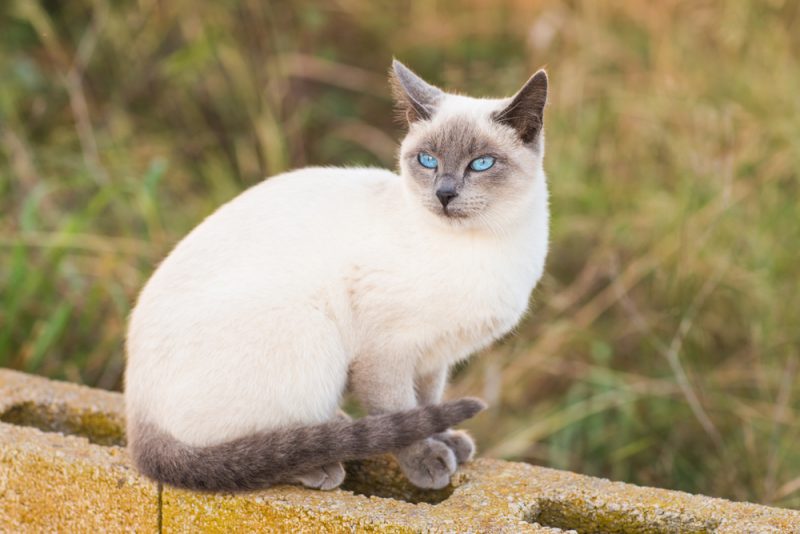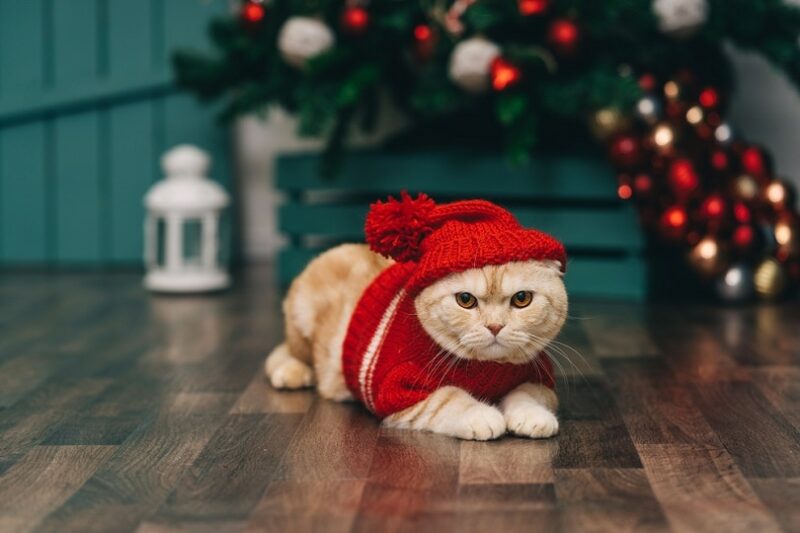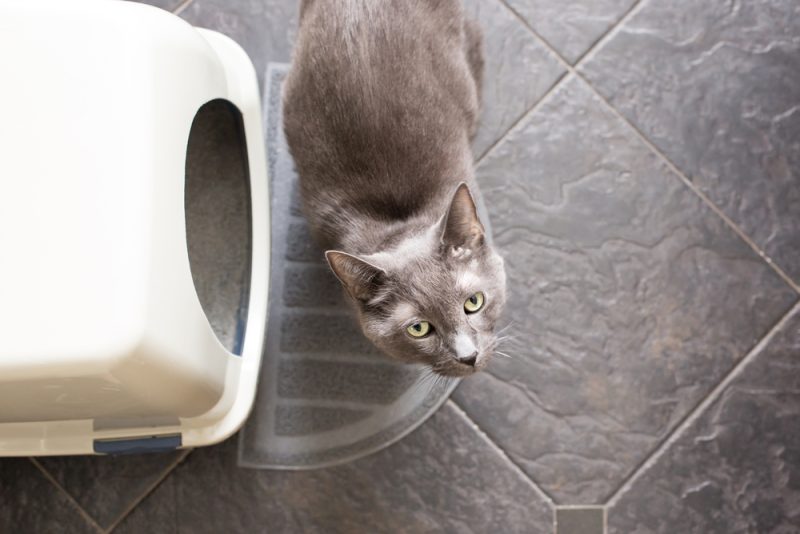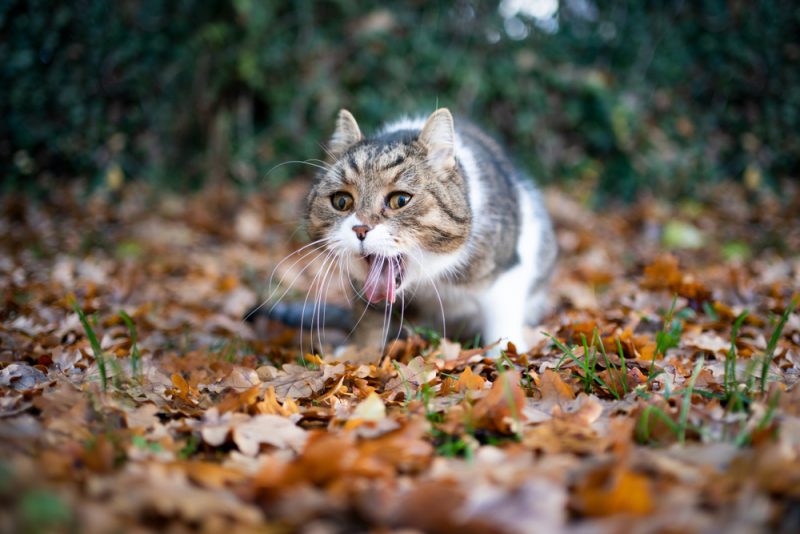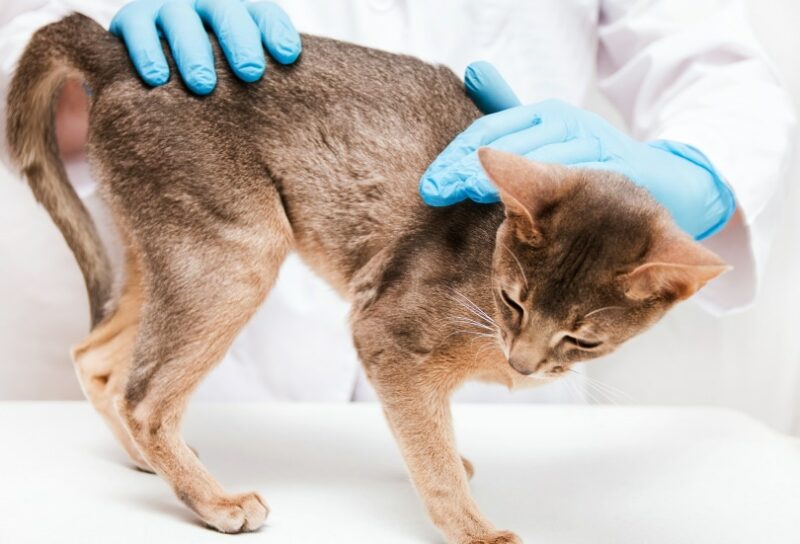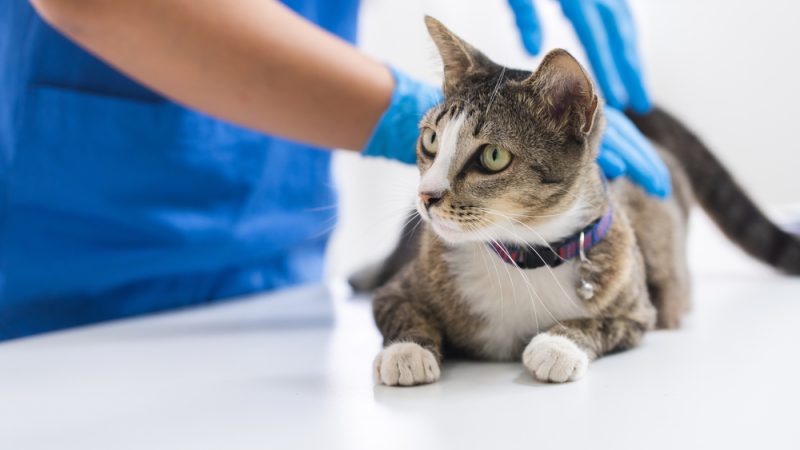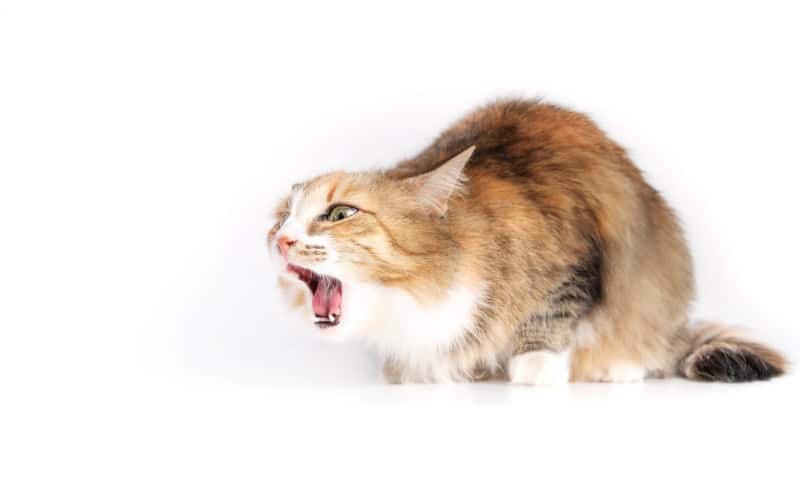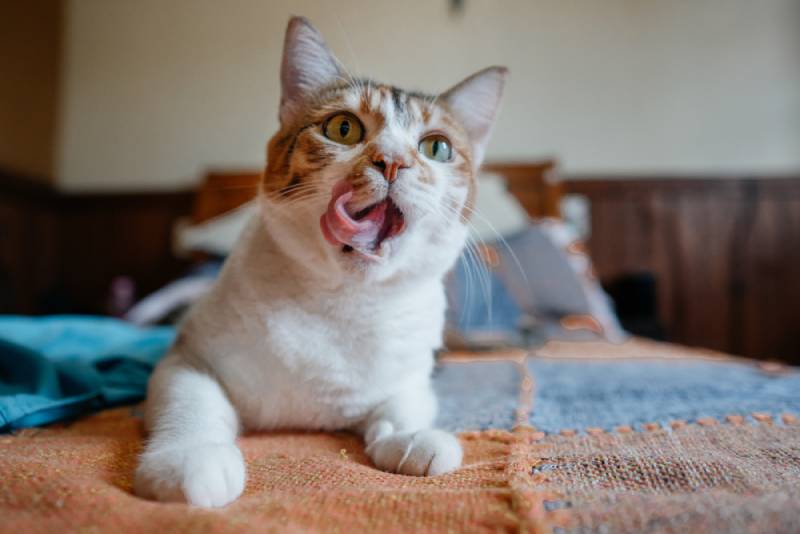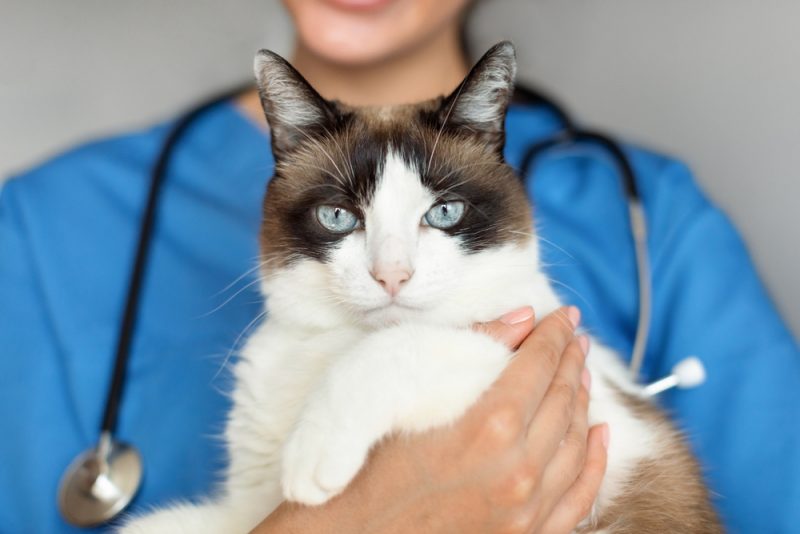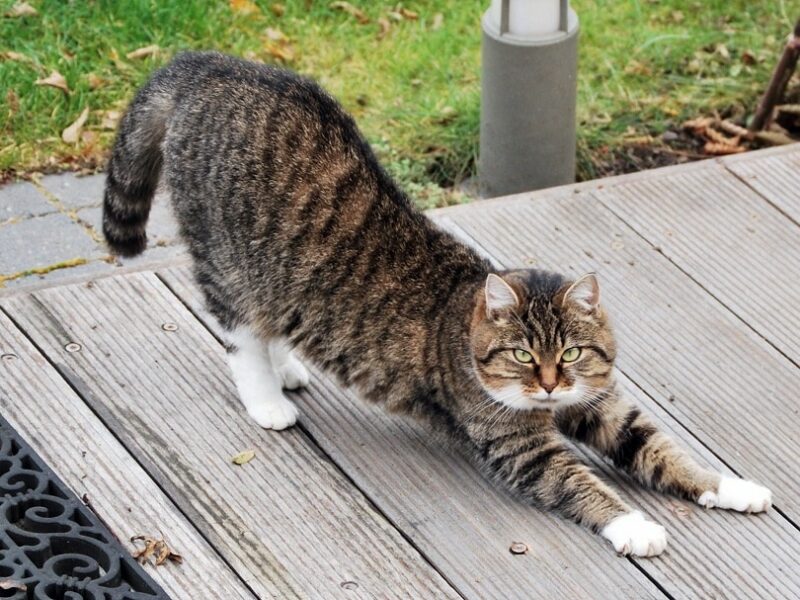In this article
View 2 More +Cats are famous for sleeping anywhere and at any time. You may find them curled up in tight circle with their tails across their faces, or luxuriously lounging, spread out on the arm of the sofa. They often take a catnap in the unlikeliest of places—the sink, a flowerpot, or your computer keyboard. But how much sleep is too much sleep, even for cats?
If there is a noticeable change in how long your cat is sleeping, especially when combined with other signs and symptoms, you should schedule a visit to your vet. They will hopefully be able to put your mind at rest and help your cat back to full health.

What Is a Normal Amount of Time for a Cat to Sleep?
Cats sleep on average around 15 hours a day, with a range of 12 to 20 hours per day. This doesn’t seem to leave much time for anything else. Eat, sleep, repeat. Our feline friends, like humans, however, are individuals with individual needs and routines.
Cats have a polycyclic sleep-wake cycle lasting 105 minutes on average. In this time, they are awake for a mean of 26 minutes and in various stages of sleep for the remaining 79 minutes of the cycle. Your 24-hour day could see your cat going through 13 or so of these cycles. Sounds exhausting!
You may also have noticed that cats will periodically change their favorite spot for sleeping. What was once their favored cat bed is now shunned for the more appealing pile of laundry. This is thought to serve several purposes. It may reduce their parasite burden by leaving behind ticks and fleas that may also have made a home in their spot. It also reduces their scent and makes them less predictable, which is useful when you can be preyed upon in the wild.
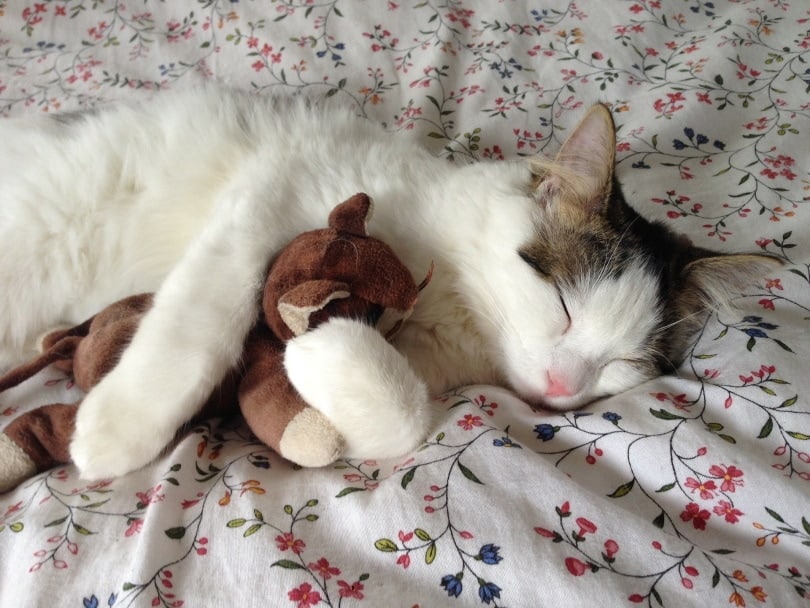
Our Favorite Cat Bed
Cats sleep away the majority of the day, so finding a bed that's supportive, warm, and secure is key. Most cats find the modern design of the Hepper Nest Bed irresistible, making it a practical option if you're looking for a rest spot your cat will use consistently. It's supportive and caters to felines of all ages, sizes, and ailments. The portability means that your cat can nap wherever you go — your desk, couch, side table, or even your bed. Learn more about the heavenly Nest here. At Catster, we’ve admired Hepper for many years and decided to take a controlling ownership interest so that we could benefit from the outstanding designs of this cool cat company!
What Affects How Long Cats Sleep?
There are lots of factors that affect how many hours a cat sleeps, in particular: age, breed, personality, hunting, weather, diet, being under or overfed, boredom, stress, illness, or injury.
Kittens and elderly cats will tend to sleep for more hours a day than adolescent and middle-aged cats. Bengals are more active than Persians. The winter cold or rainy weather may have your cat searching for a cozy spot to cuddle up in all day.
Many cats will try to hide illness or infirmity. This comes from their ancestral heritage, as cats are both predators and prey in the wild. Showing signs of illness makes them more vulnerable. In our modern-day companions, it can make it difficult for their caregivers to know if they are sick. Cats use sleep as a natural remedy to rest and recuperate from illness, and deep sleep is when healing takes place
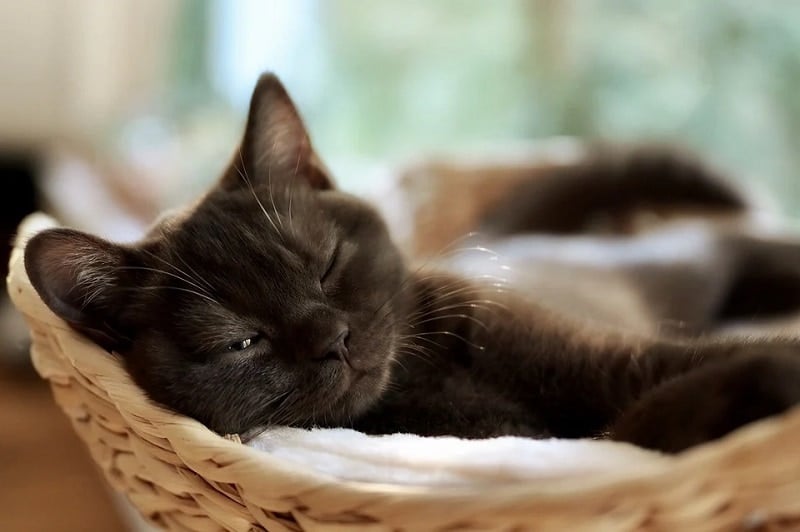
Lethargy or Just Sleeping?
Lethargy is a sign of illness and needs to be distinguished from normal cat sleeping patterns. A pet who is described as lethargic may be sleeping more than usual, show reduced interest in their surroundings, get up and move around less even when not asleep, and generally have less energy for daily activities.
Therefore, getting to know your own cat’s normal activities and routines is important. There are many benefits to getting to know your cat, both for them and you. It can help you to notice changes in their personalities, activities, and daily routines. This knowledge will help you to get your feline friend assistance at the outset of an illness when more can be done to improve their quality of life. Making a note of simple things such as whether your cat has eaten, drunk, or toileted each day is useful and sometimes life-saving information.

Causes of Lethargy
A trip to a veterinary practice is advised if your cat is lethargic, especially if it is combined with other signs of illness.
Signs you may have noticed:
- Increased or decreased appetite and thirst
- Changes to toileting behaviors and passing urine and feces
- Vomiting
- Diarrhea
- Bad breath
- Weight loss or gain
- Difficulty breathing
- Sneezing, coughing
- Pain or a change in gum color
The list of disorders, illnesses, and injuries that may cause your cat to be lethargic is extensive. It ranges from the mild to the more serious. A veterinarian will use their clinical knowledge and experience to narrow the list of differential diagnoses down. They will usually start with a series of questions and then move on to a physical exam and, if needed, laboratory testing.
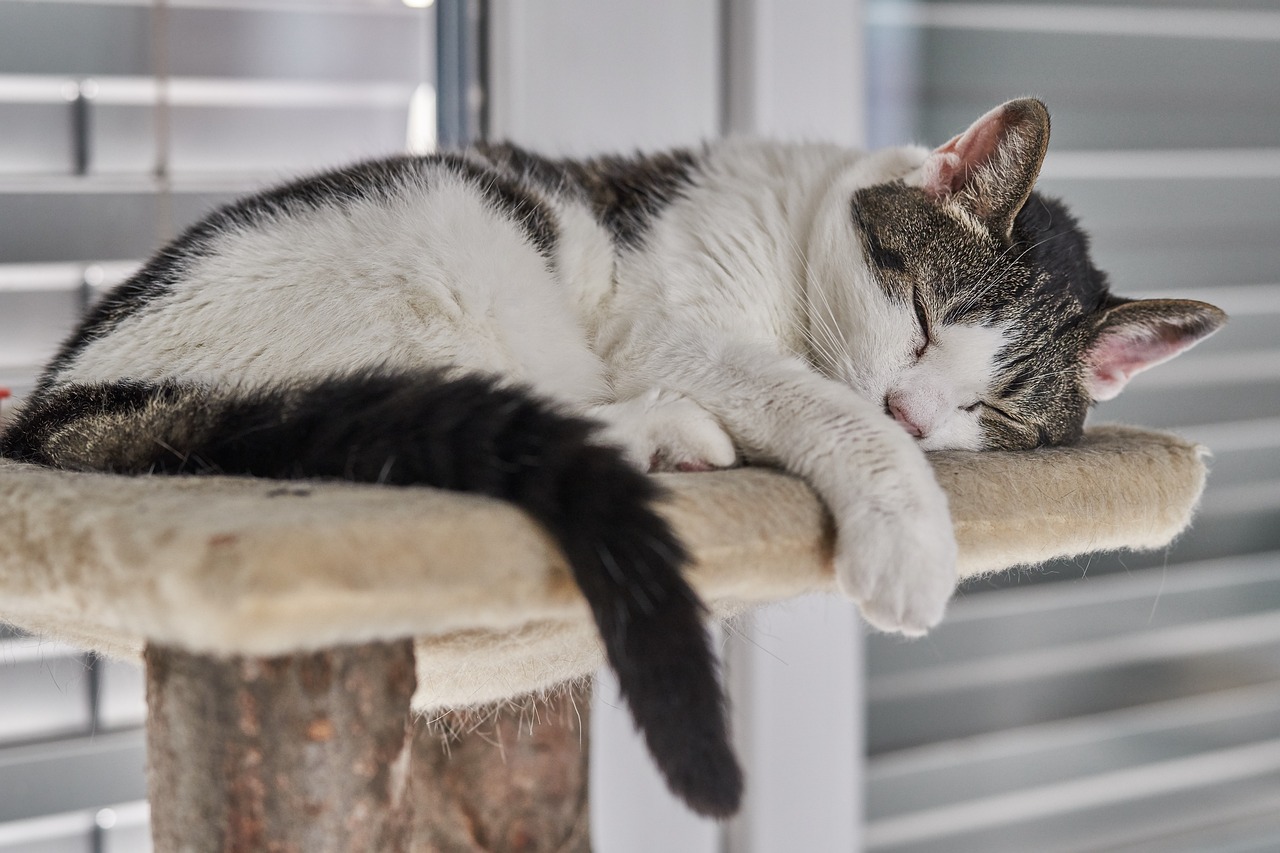
Common Causes of Lethargy:
- Infection with a virus, such as cat flu
- Bacterial infections
- Arthritis or pain
- Obesity
- Catfight wounds, abscesses, and other musculoskeletal injuries
- Parasites
- Anemia
- Diabetes
- Cognitive dysfunction syndrome (senile brain changes in older cats)
- Side effects from medications, such as those for pain or behavioral problems
Less Common, More Serious Causes of Lethargy:
Problems with the internal organs:
- Heart and cardiovascular disease
- Respiratory disease
- Gastrointestinal problems
- Liver
- Kidney
- Brain and nervous system disorders
- Cancer
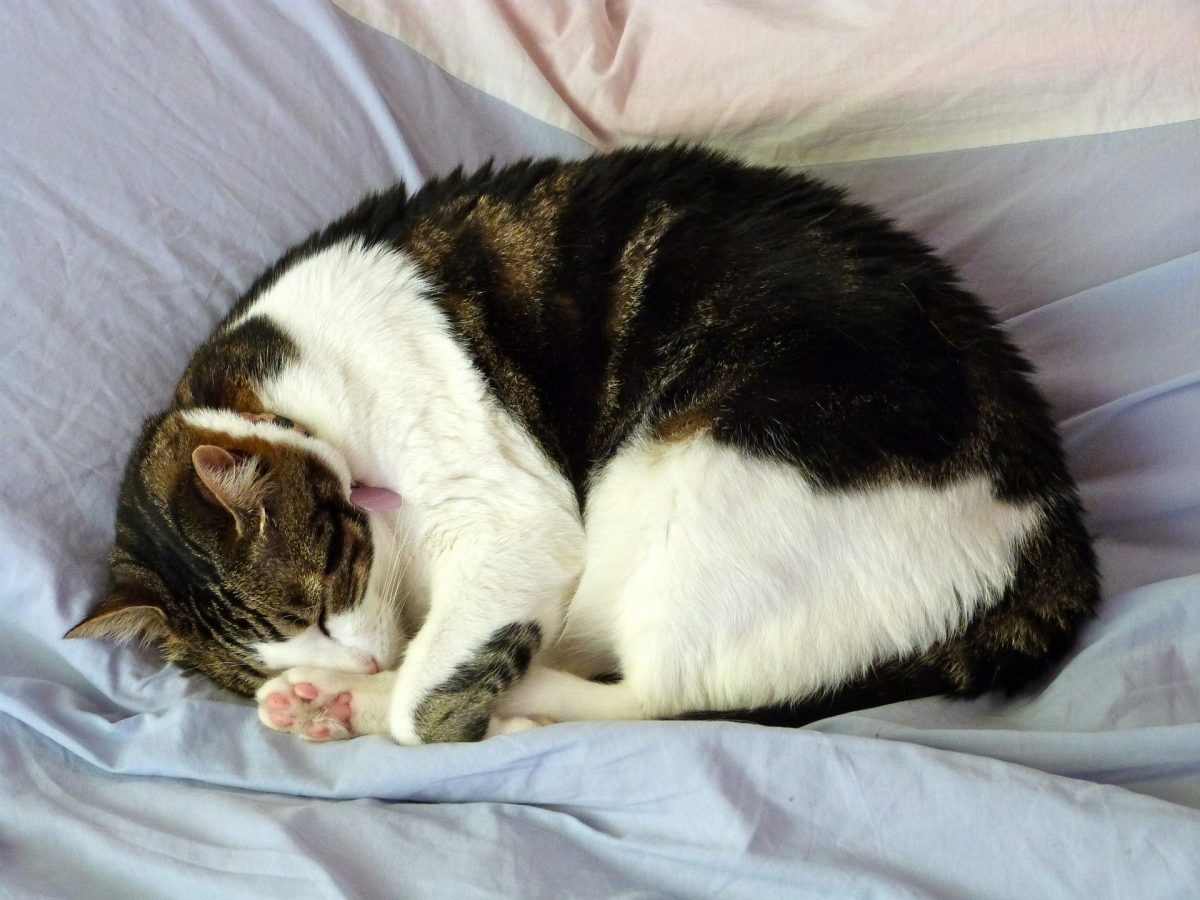
To help you prepare for a veterinarian appointment, here is an example of the questions a vet may ask:
- When did you notice the change in sleepiness and has it progressed?
- Do you have any other concerns about their health?
- Has anything changed in their environment or routine recently? For example, staying in a cattery or construction work at home.
- Is your cat eating and drinking more or less than usual?
- Are there signs of an upset digestive tract, such as vomiting, diarrhea, or constipation?
- Have you noticed any change in their weight?
- Are there any signs of pain, such as lameness, reacting badly to touch of a specific area, reluctance to get up and move around freely, or growling?
- Are there any changes in behavior, such as not wanting to go outside, vocalizing more, or not interacting with their environment and family as they usually would?
If you need to speak with a vet but can't get to one, head over to PangoVet. It's an online service where you can talk to a vet online and get the advice you need for your pet — all at an affordable price!


Conclusion
If you are concerned about your cat and their sleeping habits, make sure to phone a vet practice for an appointment. We understand that taking your cat to the vet is not usually the highlight of your or their day, but nothing beats a hands-on examination to get to the root of your pet’s problem.
Sources: E.A.Lucasab1M.B.Stermanab
Featured Image Credit: Kristi Blokhin, Shutterstock
